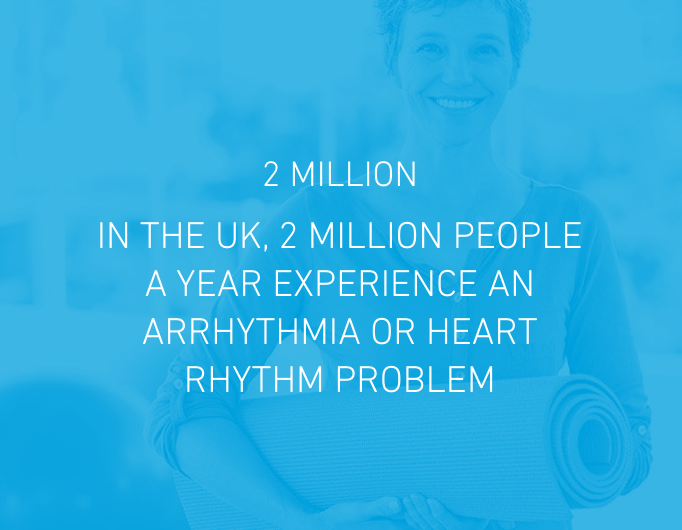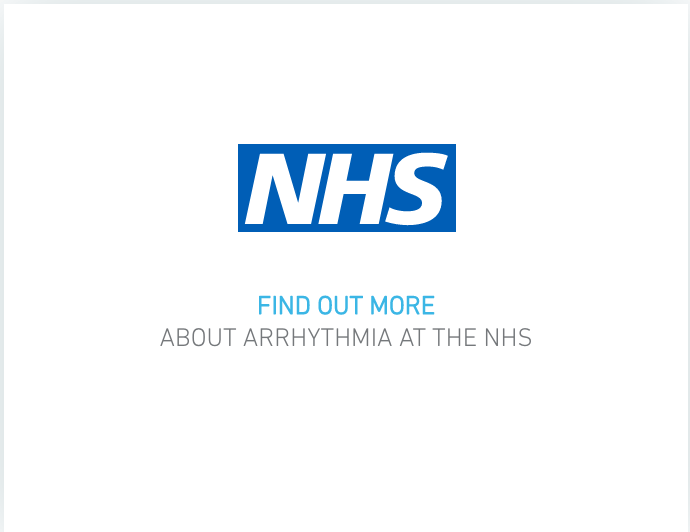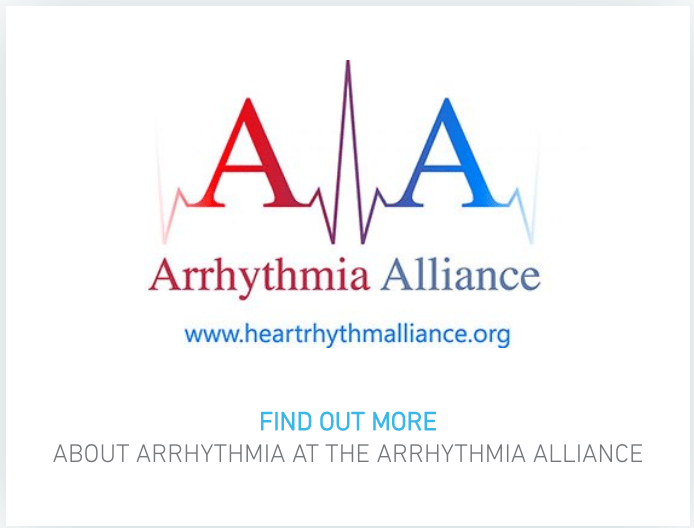Patient information
Designed with you in mind
Why has my doctor referred me for a Zio XT heart monitor?
Zio is a cardiac monitoring service that is proven to detect irregular heart rhythms quickly and accurately. Because Zio is so discreet and comfortable, you can continue with your daily activities, even showering and exercising, assured that Zio is capturing every heartbeat.
Frequently asked questions about heart conditions
Your heart might beat too slow, too fast, or with an irregular beat. It may feel like skipped beats or a brief pause. It might be so slight that you don’t even feel it or experience any symptoms. You may have an irregular heartbeat or an arrhythmia. Fortunately, there are treatments available for arrhythmias. However before you can begin treatment, the condition must be diagnosed.
A simple, one-time test with the Zio by iRhythm system could be all you need to find out whether or not you have an arrhythmia and what kind you have. Your doctor can then use this data to prescribe the most effective form of treatment.
Our solution
Continuous, uninterrupted ECG monitoring
Zio XT Patient-friendly Monitor
The Zio service was designed specifically to facilitate high patient compliance and allow data to be recorded uninterrupted and continuously for up to 14 days.
No gaps in data due to patient-centric design
Convenient button to mark episodes
Patients can continue daily activities while wearing the Zio monitor, including showering and exercising.
A simple path to a clear diagnosis
Live without restrictions
The Zio ambulatory cardiac monitor is a small, discreet and unobtrusive patch – you might even forget you’re wearing it. The Zio monitor records and stores every beat of your heart, whether you’re sleeping, exercising or showering.
Zio vs. Holter monitoring
Holter monitors are typically worn for 24-48 hours, limiting the time to record any irregular heart rhythm you may have. The Zio monitor can be continuously worn for up to 14 days, constantly capturing your heart rhythm, giving you peace of mind.
Frequently asked questions
Have questions about Zio XT?
For the first 24 hours post application, please avoid getting the Zio monitor wet or sweating excessively, i.e. during exercise. After that, carry on with regular activities. You can shower and exercise after the first 24 hours. Wear the Zio monitor for the length of time advised by your clinician, but no longer than 14 days. The Zio monitor is recording and storing every heartbeat while you are wearing it. Your clinician uses this data, analysed by iRhythm, to determine the right course of action for you. While working properly, the monitor will not flash or make any sound. If you have any questions, please call iRhythm Customer Services Team on 0808 189 3411.
"I’ve worn a 24-hour Holter and it was quite a laborious process and it didn’t come to the right diagnosis, the Zio patch was quick and easy and was diagnosed fast, so much better."
Charlotte Miller
Get in touch
Need more information on the Zio service?
We’re here to help. Please fill out this short form and a representative will follow up with you to answer any questions you may have.
- Source: Barrett, P., et al. (2014). Comparison of 24 Hour Holter Monitoring Versus 14 Day Novel Adhesive Patch Electrocardiographic Monitoring. American Journal of Medicine.



